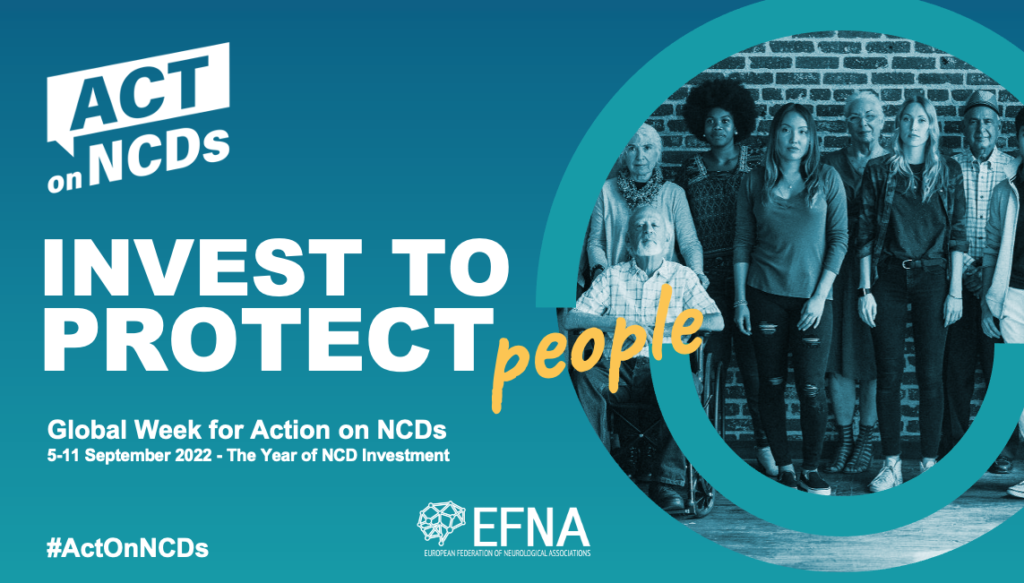Urgent Action Needed to Combat Non-Communicable Diseases in Ghana
Non-communicable diseases (NCDs) are becoming a growing public health concern in Ghana, with alarming rates of increase and significant impacts on the population. The Institute of Leadership and Development (INSLA) has urged the government to take immediate and effective measures to address this crisis. According to recent data, NCDs account for 42% of total deaths and 31% of the disease burden in the country. These figures highlight the urgent need for comprehensive strategies to combat these conditions.
Urbanization, unhealthy eating habits, and sedentary lifestyles are contributing factors to the rising prevalence of NCDs. Among the most concerning issues is the consumption of sugar-sweetened beverages (SSBs), which have been linked to an increased risk of obesity, type 2 diabetes, and dental caries. These beverages are not only a major contributor to public health challenges but also place a heavy burden on the healthcare system and the economy.
The Role of Sugar-Sweetened Beverages
The impact of SSBs extends beyond individual health. Children who consume excessive amounts of sugary drinks are at higher risk of developing chronic conditions such as hypertension, stroke, and type 2 diabetes later in life. This trend poses long-term consequences for the nation’s health and economic stability. Addressing the issue of SSBs is therefore critical in preventing future health crises.
In response to this challenge, the government passed the Excise Duty (Amendment) Act 1109 of 2023, which imposes a 20% tax on SSBs, including flavored juices, sweetened tea, sodas, and energy drinks. This measure aligns with World Health Organization (WHO) recommendations and has been proven effective in other countries by reducing consumption and generating revenue for health initiatives.
Implementation and Enforcement
While the tax is a positive step, INSLA emphasizes the importance of effective implementation. The organization calls for the establishment of mechanisms to combat illicit trading of SSBs and the creation of a framework to monitor the impact of the excise duty tax on public health, consumption patterns, and revenue generation. This includes regular reviews and adjustments to ensure the tax remains effective over time.
The Ghana Revenue Authority plays a crucial role in enforcing the new law. It must ensure that all producers, importers, and retailers of SSBs comply with the tax requirements. Additionally, collaboration between different sectors, including the Ghana Police Service, the Attorney General’s Department, and the Judiciary, is essential to hold non-compliant industry players accountable.
Public Awareness and Collective Effort
INSLA encourages the public to reduce their consumption of SSBs and choose healthier alternatives. The organization also urges other stakeholders to join in efforts to ensure the successful implementation of the Excise Duty (Amendment) Act 1109 of 2023. By working together, the government, private sector, and civil society can significantly reduce the burden of NCDs and promote a healthier future for current and future generations.
This collective action is vital not only for improving public health outcomes but also for strengthening the healthcare system and supporting broader social development. With the right policies, enforcement, and public engagement, Ghana can make meaningful progress in addressing the growing threat of non-communicable diseases.

